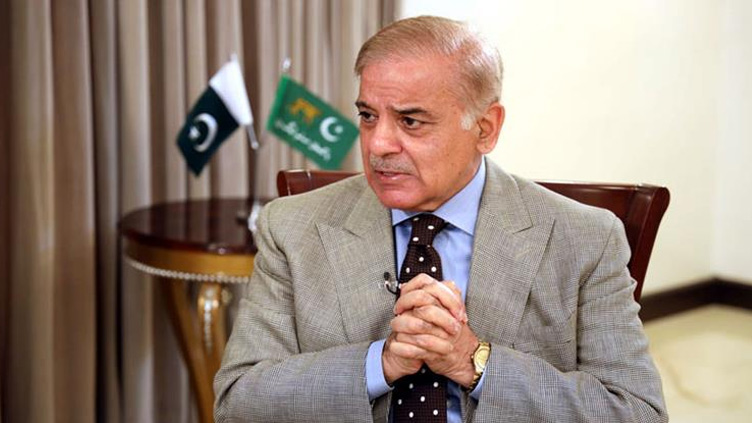The Government of Pakistan, under the leadership of Prime Minister Shehbaz Sharif, has intensified national efforts to control the country’s escalating hepatitis epidemic, particularly hepatitis C, by expanding screening, treatment, and awareness initiatives.
The initiative builds on the successful pilot in Gilgit-Baltistan under the National Hepatitis C Elimination Programme. Following that success, the program has been extended nationwide with support from all provincial governments and key partners, including health NGOs and international agencies.
Major elements of the expanded strategy include:
- Universal screening for individuals aged 12 and above, ensuring early detection without barriers
- Free treatment services are available through government hospitals, hepatitis treatment clinics, and dedicated units within the Pakistan Kidney & Liver Transplant Institute
- Allocation of PKR 68 billion to support implementation in phases until 2029/2030
The government has also paired medical action with preventive outreach, issuing a nationwide awareness campaign to educate the public on risk factors, safe medical procedures, and environmental sanitation. Efforts are being made to eliminate unsafe practices such as reused syringes, unregulated blood transfusions, and poor hygiene standards that drive hepatitis transmission.
President Asif Ali Zardari, marking World Hepatitis Day, emphasized that hepatitis remains Pakistan’s second-highest burden disease globally, with millions unaware of their status. He called for joint government and civil society efforts to break the cycle of silent infection through improved testing and prevention.
Under the stewardship of Health Minister Mustafa Kamal, the government aims to bring down hepatitis prevalence by 2030. The multi-sector strategy includes testing scale-up, expansion of treatment centers, investment in sanitation infrastructure, and collaboration with organizations such as the WHO.
Collectively, these efforts demonstrate a high-level governmental commitment to reversing the hepatitis epidemic, protecting lives, reducing future liver disease, and safeguarding national productivity.



Comments (0)
No comments yet. Be the first to comment!
Leave a Comment